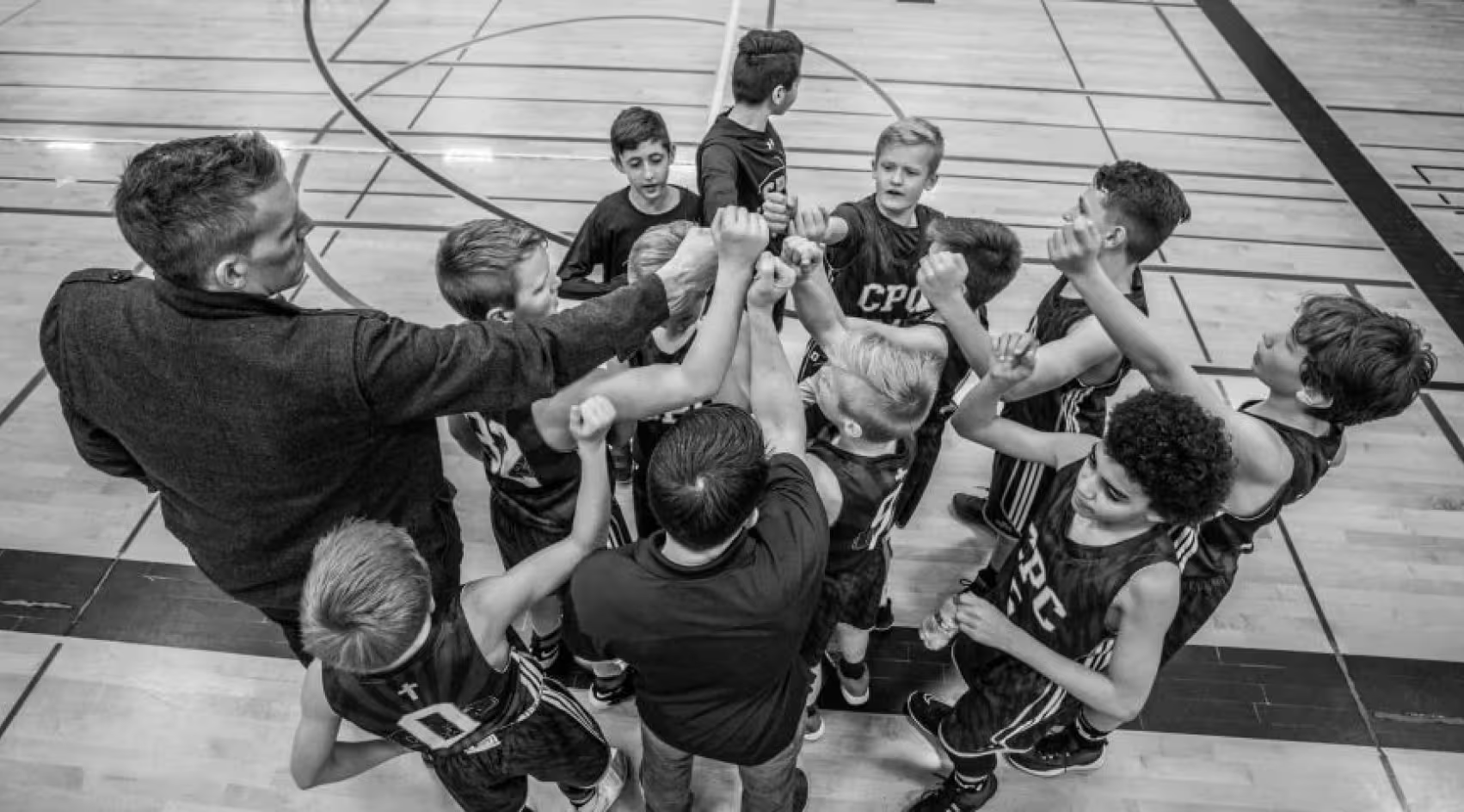
For founders, having a good mentor can be the difference between success and failure. And yet mentorship is one of the most challenging things to get right about any accelerator program. Building a lousy mentorship program is worse than building no program at all.
Our founding partner Marcus Daniels has a thing or two to say about the topic. He is the co-founder & former CEO of HIGHLINE vc, former Managing Director of Extreme Startups, and has been mentoring startups for over a decade.
We sat down to talk mentorship, and how accelerators can use it to drive meaningful impact.
At Highline BETA, we believe that the role of mentors is to share experience and knowledge with companies, to ask tough questions that force reflection, and to make introductions when appropriate.
Whatever your beliefs about the role of mentorship, ensure that you are defining and explicitly communicating them to mentors and startups alike. The time commitment, structure of the relationship, and etiquette around how mentees/mentors should connect will all depend on the context of your program – but are all things you should include in that outline.
Founders will have a lot of questions they ask and crucial decisions they make during an accelerator. Without clear boundaries or other supports for startups to turn to, mentors will sometimes try to boil the ocean – sometimes providing support that would be best found elsewhere.
“In my time at Extreme Startups and HIGHLINE vc, we learned that when you clearly define the line between mentors and other supports, it benefits mentors and mentees alike.”
“Supplementing mentors with other program components (such as talks from subject matter experts, or partnerships like the one HIGHLINE vc established with Emily Carr) encourages mentors and mentees alike to focus the relationship on what really drives value.”
By design, accelerator programs should hold founders to high standards. You track milestones and performance metrics for the startups you support. Why not do the same for your mentors? Create and maintain a way to understand the impact that your mentors are having on the companies you work with – both individually and in aggregate.
The indicators that you use to measure the impact of your mentors will vary from program to program – after all, context is king. But make sure what you are tracking is truly a measure of impact. For example, the often-reported “hours of mentorship provided” is a measure of input, not impact.
Tracking founder’s perceived value derived, “aha moments” or problems overcome, timely introductions made, mentors converted to investors or board members, the number of mentorship relationships that continue 1-year post-program, or investments facilitated are just some of the indicators you may use to track performance. Understanding what’s working – and what isn’t – will help you focus on what works and fix the gaps you find.
At most accelerators, mentors are a dime a dozen. But good mentors? Those are few and far between. Good mentorship is hard. But the impact that just one good mentor can have for a founder far outweighs that of 100 mediocre mentors.
The best accelerators recognize this and limit their pool of mentors to people who have either already demonstrated their impact on founders. The CDLmentor pool, for example, only includes select entrepreneurs and angel investors.
“At Extreme Startups, we had 50+ mentors for each cohort. After surveying founders and looking at outcomes of the program, we realized that when it comes to mentors, less is more.”
“At HIGHLINE vc, we moved to a smaller pool of people with a proven track record of driving for the kinds of companies we worked with. This pool of mentors was drawn from people who had invested in other portfolio companies, who had experience on startup boards, or who brought unique experiences to the table that founders wouldn’t easily find elsewhere.”
Successful mentorship relationships require mutual trust, fit, and a genuine connection. These all require time, and effort – but are well worth it. A 2014 report found that with the gap between high-quality and median-quality mentors was significant.
Whatever form your mentorship program takes, design with quality & depth of relationship in mind. Marcus recommends accelerators create a process for founders to “interview” and select their mentors based on fit. Encourage founders to pick only one mentor, or to ask them to designate a “lead” mentor.
Doing this creates a system where founders are encouraged to reflect up front, and determine what issues are truly critical to their business. It will also help founders and mentors feel more accountable to one another and ultimately drive more value.
If you’re keeping the pool of mentors small (see point #4), you need to be focused on only bringing in the best. Mentors are generous with their time, their expertise, and their networks – but the best partnerships are a two-way street. To attract and retain top mentors, you need to understand their motivations for getting involved in your accelerator.
Some mentors may be early-stage investors looking for deal flow. Some may be looking to connect with other mentors in the program. Some may simply be looking for a way to use their experience to help the next generation of founders.
By taking the time to understand your mentor’s motivations, you’ll not only be able to keep out any “bad apples”. You’ll also be able to better attract and retain people who drive real impact for you and the startups you work with.
© 2020 Highline BETA Inc. All Rights Reserved.
Privacy Policy · Terms & Conditions
1 University Ave,
3rd Floor
Toronto, ON
M5J 2P1
555 Burrard St
2nd Floor
Vancouver, BC
V7X 1M8
135 Madison Ave.
5th floor
New York, NY
10016
Lorem ipsum dolor sit amet, consectetur adipiscing elit. Suspendisse varius enim in eros elementum tristique. Duis cursus, mi quis viverra ornare, eros dolor interdum nulla, ut commodo diam libero vitae erat. Aenean faucibus nibh et justo cursus id rutrum lorem imperdiet. Nunc ut sem vitae risus tristique posuere.